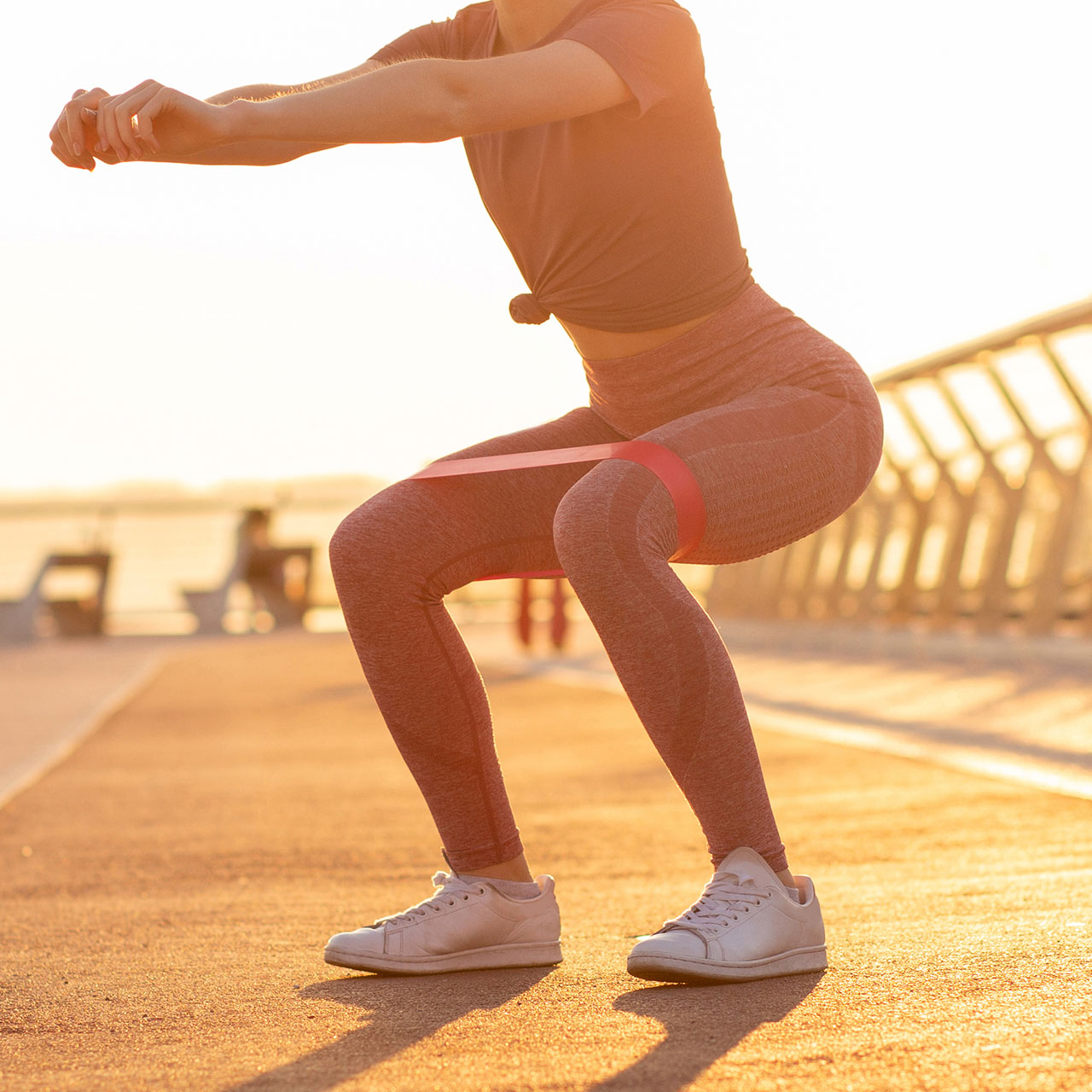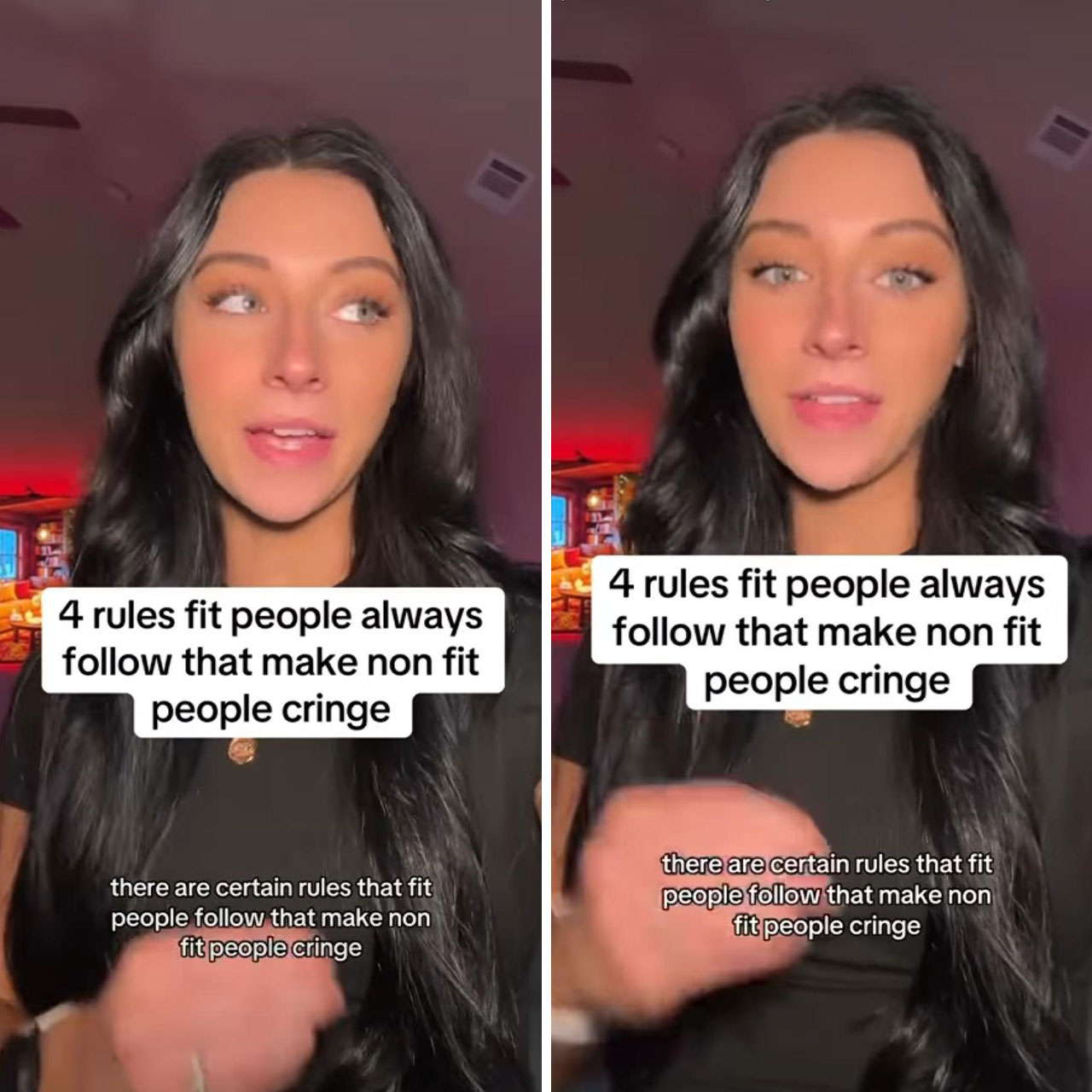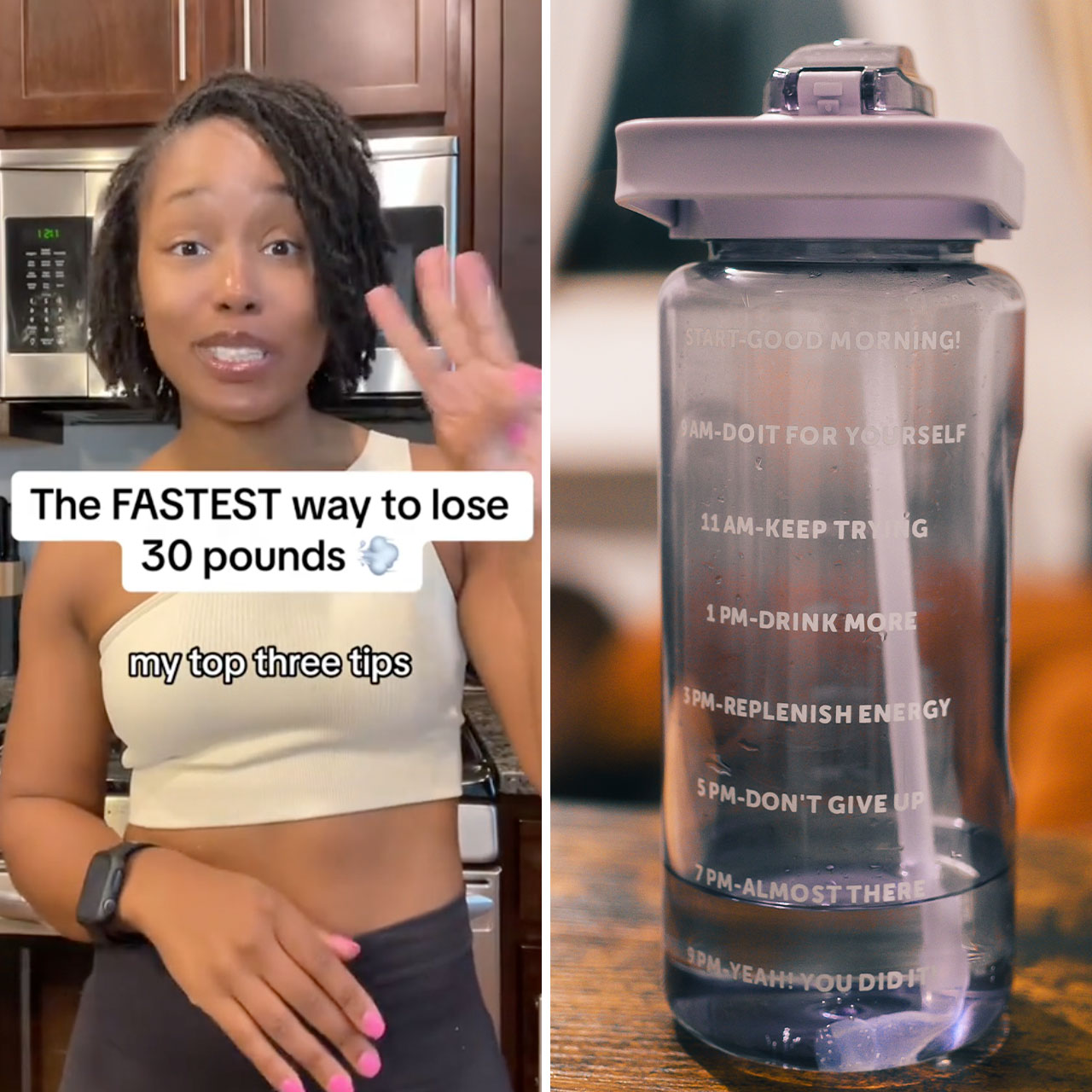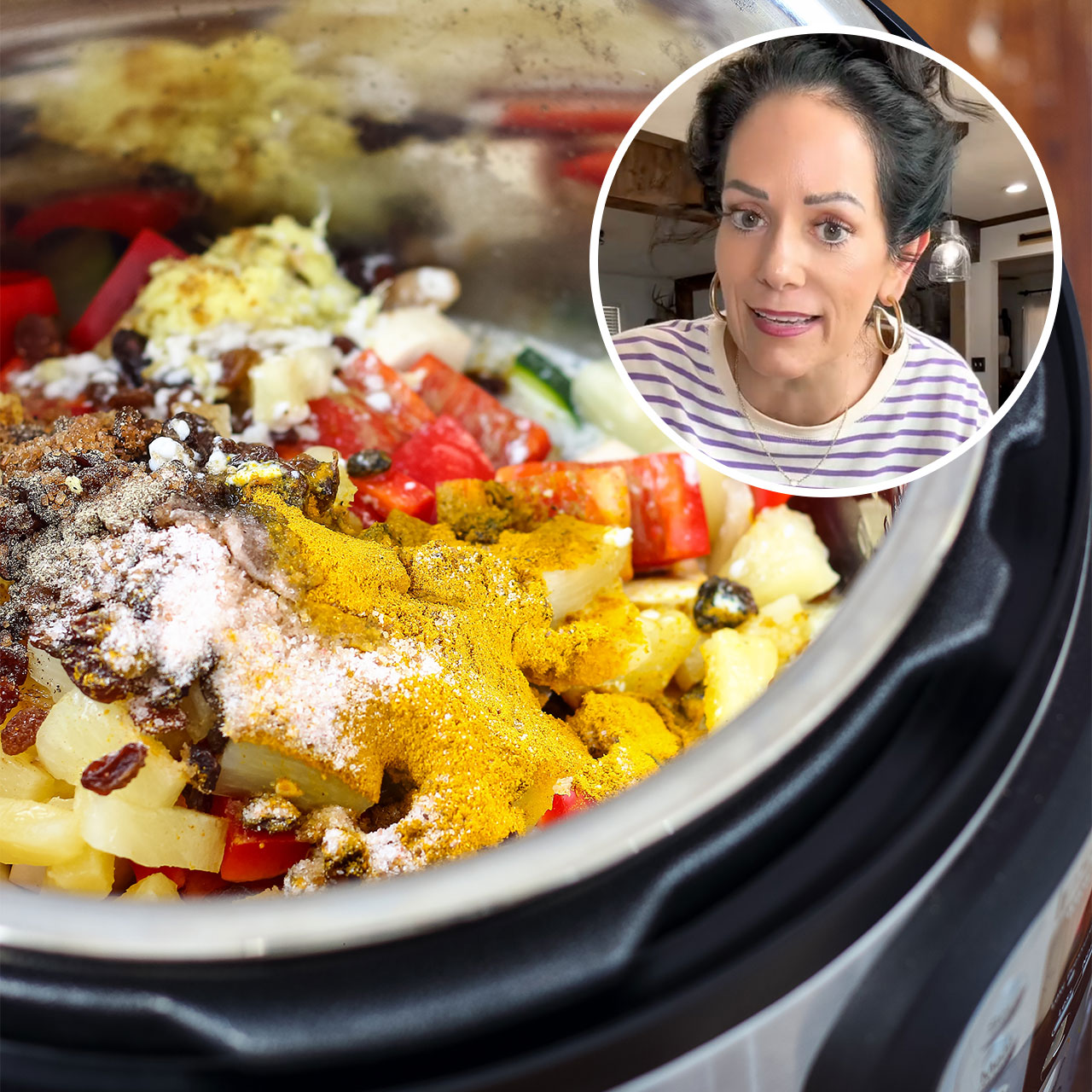This post has been updated since its original publish date of 11/06/2021 to include more expert insight.
If you’ve ever been on a weight loss journey, you know that feeling that comes a few days, maybe weeks, in. You started out determined, with a hefty list of restrictions and expectations and goals, all with the hope of expediting the process and seeing results faster. You’ve stuck to the plan up until now, when it’s late, you’re too tired to make dinner, you’re stressed with work, and you end up eating half the day’s calories in one sitting. The cycle of restricting and overeating is one that it’s easy to get lost in—after you overeat, you may be tempted to dive even deeper into a path of restriction, hoping that it will make up for what, or how much, you just ate. However, it is crucial to nourish your body in this situation more than ever, because it could be a sign you’re not getting enough of what you need. We asked Jessica Malloy, MPPD, RDN, LD, and Noom coach; and Trista Best, MPH, RD, LD, what you should do after overeating, and how to break out of the frustrating binge and restrict cycle. They recommended various things such as eating whole foods, staying hydrated, walking, and more.


According to Malloy, one of the main causes of overeating is not eating enough to begin with. “This can be related to a certain eating pattern that a person is committed to, for example sticking with three meals a day, no matter what.” It can also be driven by stress—when you have a busy schedule, it can be hard to find time to eat, which may lead you to only eat when you’re starving. “All of these factors can cause an individual to ignore their body’s hunger signals. Then when food is available or there is time to sit and eat, it becomes much easier to overeat.”
Besides not eating enough because of lifestyle, taking a diet too far by over restricting can be counterproductive, as it may be a driver of overeating too. “Sometimes, when an individual wants to work on their health there are sometimes certain foods that they view as ‘bad’ or their ‘weakness.’ Some examples from my Noomers include chips, cookies, or a certain candy,” Malloy says. To avoid this, she recommends striving for moderation and balance with food, not complete elimination. If you villainize a food or cut it out altogether, it often leads to craving the food so much that you eat too much of it. Find a balance by eating the foods you enjoy and the foods that nourish you.

So what should you do after overeating? While there is no one size fits all answer, Malloy has recommendations for what kinds of foods to reach for. “Focus on meals and foods that make you feel good! Include fruits and veggies of various colors, whole grains, and protein into your meals to help you feel fuller and fueled.” She also has some strategies you can try during mealtime to be proactive against overeating and familiarize yourself with your hunger cues. “Take a pause every so often to check in on yourself. Are you satisfied? Still hungry? Also, remove distractions and screens from mealtime when you can. Take it as an opportunity to connect with others or yourself! Even if you’re alone, it’s a great way to gain insight into your own hunger cues.”
Overeating can be incredibly frustrating, and it may be tempting to feel shame about it or beat yourself up about it. But Malloy stresses that this will only make things worse. “Don’t be too hard on yourself if you feel like you have overeaten. There will be days that you eat more than others, and that’s absolutely okay. The day or even meal prior has no impact on the next one. Give yourself the grace to think about the ‘why’ behind your overeating and move onward with that knowledge in mind.”
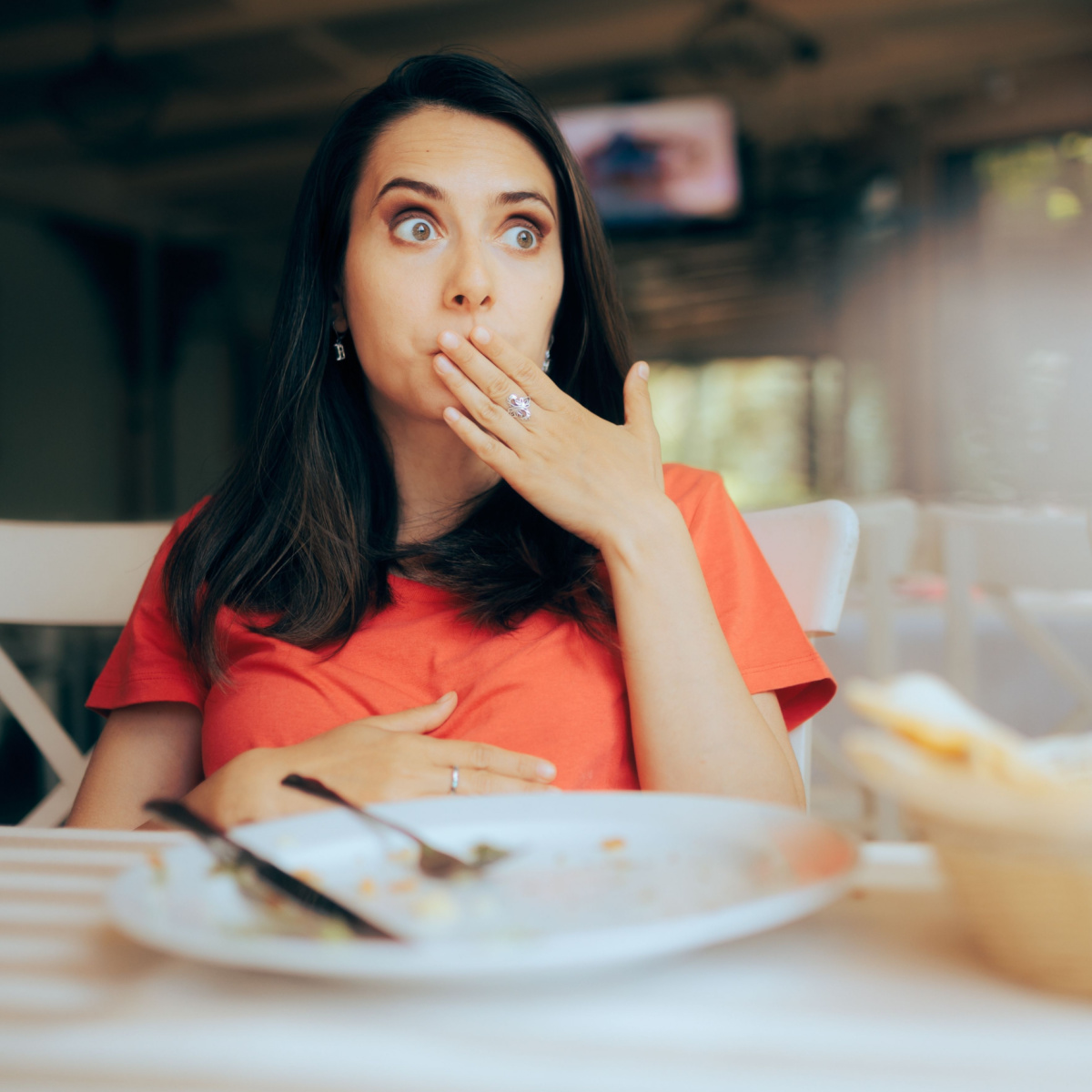
Best also notes that you shouldn't be too hard on yourself after you find that you may have overeaten. “The first thing you can and should do after overeating is to relax and give yourself some grace. By getting tense and upset with yourself you are negatively impacting digestion due to stress. This can lead to indigestion and more discomfort,” she explains.
And if you're concerned about the effect of the recently consumed meal on your diet, don't fret. Consuming a surplus of calories in one day is unlikely to significantly hinder your weight loss progress, as long as it doesn't become a regular occurrence.
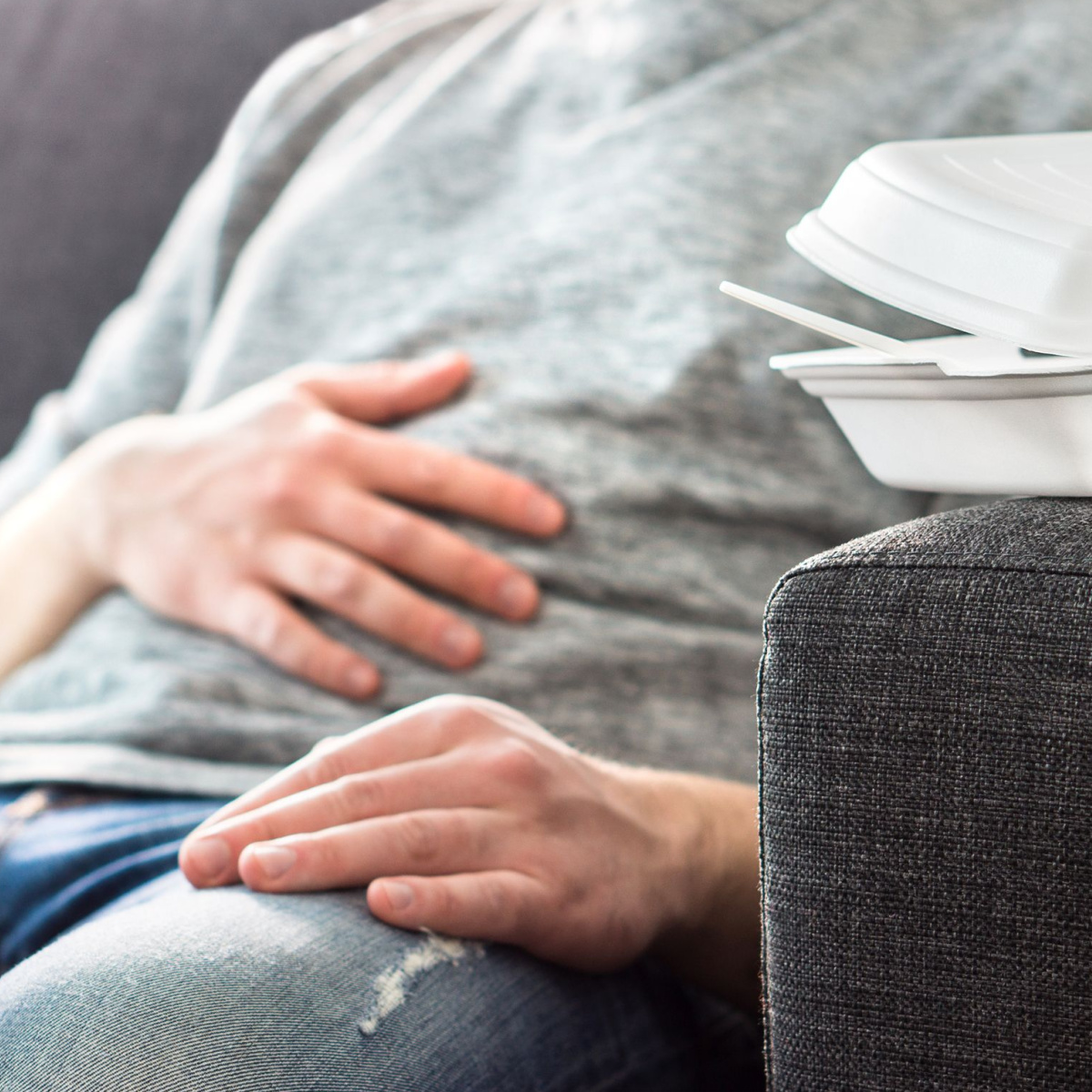
After overcoming the mental challenge of overindulging, Best points out that there are several ways to improve your well-being, and none of them involve depriving yourself the following day. “Two active things you can do are walk and hydrate. Walking helps to get the digestive system going and lower blood sugar. As digestion ramps up and glucose drops you'll feel less stuffed and have more energy,” Best notes.
One last recommendation she shares with us is the power of drinking water whether you are full or not. “Hydrating, through small sips of water, can get the excess sodium and inflammation out of your body, which can improve comfort and digestion as well. Taking a probiotic is another great option, as they will aid in the digestion process potentially lowering side effects like heartburn and indigestion.”




